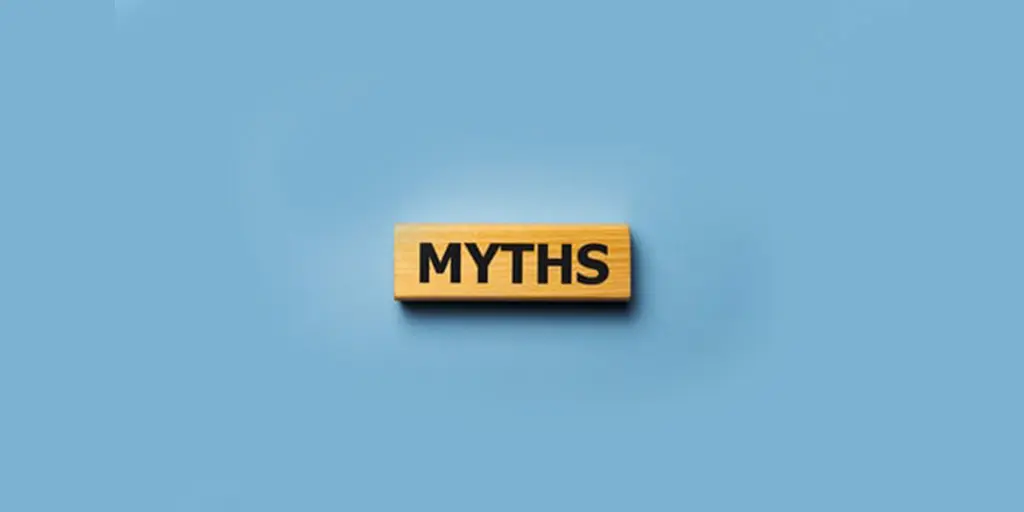In recent weeks, Ghana’s new GoldBod initiative has been the subject of intense speculation and misinformation. Critics have claimed that the GoldBod will create conflicts of interest and even criminalize the possession of gold by ordinary Ghanaians. However, a closer examination of the facts reveals a very different story – one of an ambitious effort to empower the country’s mining sector and bolster the national economy.
The GoldBod: Monopoly, Not Regulator
One of the key misconceptions surrounding the GoldBod is that it will function as both a regulator and a commercial player, leading to inherent conflicts of interest. This, however, is not the case.
“The GoldBod is solely a monopoly in the trading and export of gold,” explains Dr. Ama Serwaa, a respected economist. “Its regulatory powers are limited to ensuring compliance by its own licensed agents who trade on behalf of the GoldBod. It will not be regulating competitors or the broader gold industry.”
This distinction is crucial. The GoldBod’s regulatory role is focused on maintaining oversight and control over its own licensed agents, ensuring they adhere to the organization’s rules and regulations. It is not a wider industry regulator, so there is no conflict of interest in terms of the GoldBod competing with the entities it oversees.
“The GoldBod is not here to police the entire gold industry in Ghana,” adds Nana Adjoa Mensah, a legal expert. “Its role is to manage its own operations and the licensed agents it works with, not to regulate the broader market.”
Possession of Gold Remains Legal
Another major misconception is that the GoldBod Bill will criminalize the possession of gold by individual Ghanaians, including chiefs and traditional leaders. This claim, however, is simply false.
“The GoldBod Bill does not in any way prohibit or criminalize the possession of gold for personal, ancestral, or value storage purposes,” clarifies Nana Adjoa Mensah. “The only offense created is the hoarding of gold, which is defined as the accumulation of gold beyond reasonable business needs, with the intent of manipulating market conditions.”
Crucially, the bill explicitly states that the hoarding offense “does not apply to a person in possession of gold for personal or value storage purposes.” This means that Ghanaians can continue to own and possess gold for cultural, traditional, or investment reasons without fear of penalty.
Promoting Gold as a Store of Value
In fact, one of the key functions of the GoldBod is to promote the use of gold as a store of value among Ghanaians. This is part of a broader effort to reduce reliance on the US dollar and strengthen the Ghana cedi.
“The GoldBod will be actively encouraging Ghanaians to purchase gold products like coins, tablets, and bars for the purpose of value storage,” notes Dr. Serwaa. “They want to make gold a more accessible and attractive alternative to holding US dollars, which has put immense pressure on the local currency.”
By positioning gold as a reliable store of value, the GoldBod aims to empower Ghanaians to safeguard their wealth and reduce dollarization of the economy. This is a far cry from the narrative of the GoldBod as a threat to individual gold ownership.
Ensuring Fair Pricing for Miners
The GoldBod has also implemented several mechanisms to ensure fair pricing for gold purchased from miners in Ghana. These include a transparent pricing methodology, regular price reviews, competitive bidding processes, effective monitoring and enforcement, and capacity-building programs for small-scale and artisanal miners.
“The GoldBod’s pricing framework is designed to take into account global gold prices, production costs, and a fair profit margin for miners,” explains Dr. Serwaa. “This will be publicly available, allowing miners to understand how the prices are determined.”
The GoldBod will also conduct regular reviews of the pricing formula, involving consultations with mining associations and other stakeholders. This ensures the system remains aligned with market conditions and provides a fair deal to miners.
Moreover, the GoldBod will organize competitive bidding processes for the purchase of gold from licensed small-scale and artisanal miners, helping to secure the best possible prices. The GoldBod’s regulatory powers will also enable it to monitor the activities of its licensed agents, ensuring they adhere to the agreed pricing mechanisms and do not engage in unfair practices.
“The GoldBod is investing in training and support programs to help miners improve their operations and negotiation skills,” adds Nana Adjoa Mensah. “This will empower them to better understand their rights and advocate for fair prices, reducing the risk of exploitation.”
A Transformative Initiative
As this analysis demonstrates, many of the concerns raised about the GoldBod appear to be unfounded. The initiative is focused on establishing a national monopoly on gold trading and export, while actively promoting gold ownership among Ghanaians and ensuring fair pricing for miners.
“The GoldBod represents a transformative moment for Ghana’s gold industry,” concludes Dr. Serwaa. “By strengthening the position of the country in the global gold market and empowering local miners, it has the potential to significantly boost the national economy and improve the livelihoods of those who rely on this vital resource.”
With a clear understanding of the GoldBod’s purpose and powers, the true benefits of this ambitious initiative can be fully appreciated. Rather than a threat, the GoldBod may well be the key to unlocking Ghana’s golden potential.




